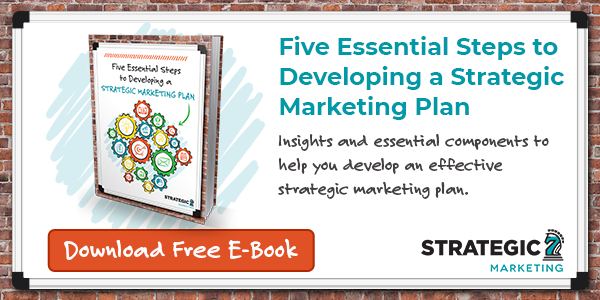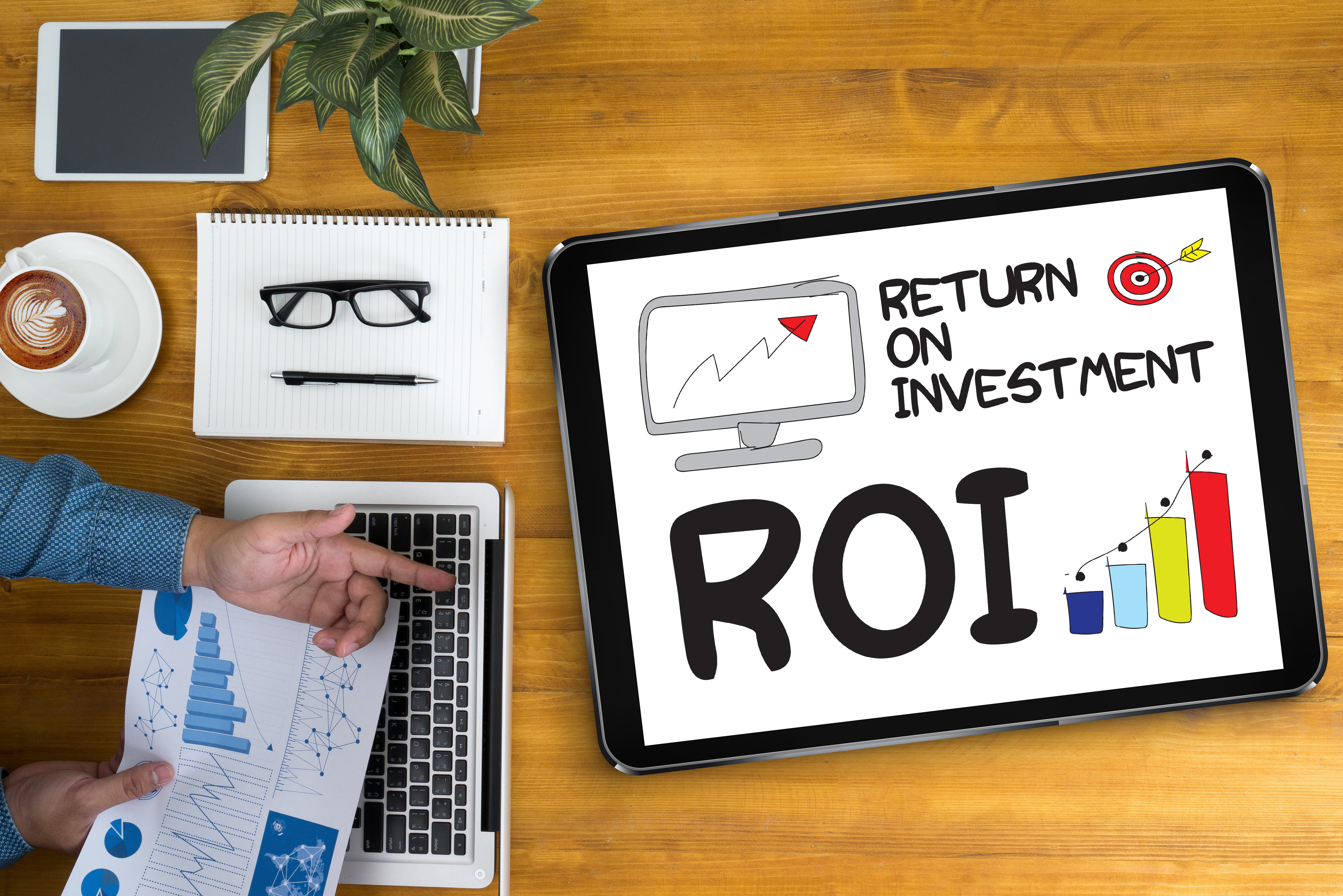Discover how strategic investments in industrial marketing can significantly enhance your returns and drive business growth.
Understanding ROI in the Context of Industrial Marketing
Industrial marketing is not just a cost, but an investment that can yield significant returns. It involves allocating resources towards marketing efforts that aim to generate leads, increase brand awareness, and ultimately drive business growth. To understand the return on investment (ROI) in industrial marketing, it is crucial to measure the effectiveness of these marketing activities and their impact on a company's bottom line.
ROI is a metric that quantifies the profitability of an investment relative to its cost. In the context of industrial marketing, ROI helps businesses evaluate the success of their marketing campaigns and make data-driven decisions to optimize future investments. By understanding the ROI of different marketing initiatives, you can allocate your resources effectively and focus on strategies that generate the highest returns.
Key Metrics to Measure Marketing Investment Effectiveness
Measuring marketing investment effectiveness requires identifying and tracking key metrics that provide insights into the success of marketing campaigns. Some key metrics to consider include:
- Conversion Rate: This metric measures the percentage of leads that convert into paying customers. A higher conversion rate indicates that the marketing efforts are effectively persuading potential customers to take action.
- Customer Acquisition Cost (CAC): CAC calculates the cost of acquiring a new customer. By comparing the CAC to the average customer lifetime value, you can determine whether your marketing investments are generating profitable returns.
- Return on Advertising Spend (ROAS): ROAS measures the revenue generated for every dollar spent on advertising. It helps businesses assess the effectiveness of their advertising campaigns and optimize advertising budget allocation.
- Website Traffic: Monitoring website traffic can provide insights into the effectiveness of various marketing channels and campaigns. By analyzing website traffic sources, you can identify which channels are driving the most qualified leads and adjust your marketing strategies accordingly.
By regularly tracking these metrics and analyzing the data, you can gain valuable insights into the effectiveness of your marketing investments.
Strategies to Boost ROI Through Targeted Industrial Marketing Campaigns
To boost ROI in industrial marketing, businesses can implement targeted marketing campaigns that focus on reaching and engaging their ideal target audience. Some strategies to consider include:
- Customer Segmentation: Analyzing customer data and segmenting the audience based on demographics, behavior, or preferences. This can help tailor marketing messages and deliver personalized experiences. By targeting specific customer segments, you can improve the effectiveness of your marketing campaigns and increase ROI.
- Content Marketing: Creating valuable, informative content that addresses the pain points and challenges of the target audience can establish your business as a thought leader in the industry. Content marketing can attract and engage potential customers, build trust, and ultimately drive conversions and ROI.
- Social Media Advertising: Leveraging social media platforms to target specific demographics and interests can be a cost-effective way to reach a highly targeted audience. By carefully selecting the right social media channels and crafting compelling ad campaigns, businesses can increase brand visibility, generate leads, and drive ROI.
- Email Marketing Automation: Implementing email marketing automation allows businesses to nurture leads and build relationships with potential customers at scale. By sending personalized and timely emails based on user behavior and preferences, businesses can increase engagement, conversions, and ROI.
By implementing these strategies and continuously monitoring and optimizing marketing campaigns, you can significantly boost their ROI in industrial marketing.
Leveraging Technology and Data Analytics for Precision in Industrial Marketing
Technology and data analytics play a crucial role in achieving precision and maximizing ROI in industrial marketing. By leveraging advanced tools and analytics platforms, businesses can gain valuable insights into customer behavior, preferences, and the effectiveness of their marketing efforts. Some key technologies and strategies to consider include:
- Marketing Automation: Implementing marketing automation software can streamline marketing processes, improve efficiency, and provide valuable data for analysis. Automation allows businesses to deliver targeted, personalized messages at scale, increasing the effectiveness of marketing campaigns and driving ROI.
- Customer Relationship Management (CRM) Systems: CRM systems help manage customer interactions, track leads, and analyze customer data. By integrating marketing efforts with CRM systems, you can gain a holistic view of customer behavior and preferences, enabling personalized marketing campaigns that drive ROI.
- Data Analytics: Utilizing data analytics tools and techniques can help businesses analyze marketing performance, identify trends, and make data-driven decisions. By measuring and analyzing key metrics, you can optimize marketing strategies, allocate resources effectively, and maximize ROI.
By embracing technology and data analytics, businesses can achieve precision in their industrial marketing efforts, make informed decisions, and ultimately maximize their ROI.
Are you ready to create a stronger marketing strategy for your company? Let’s chat! Strategic 7 Marketing is an award-winning, full-service marketing and digital agency with decades of combined experience. Contact us at 440-772-0186 or email Jonathan Ebenstein.


